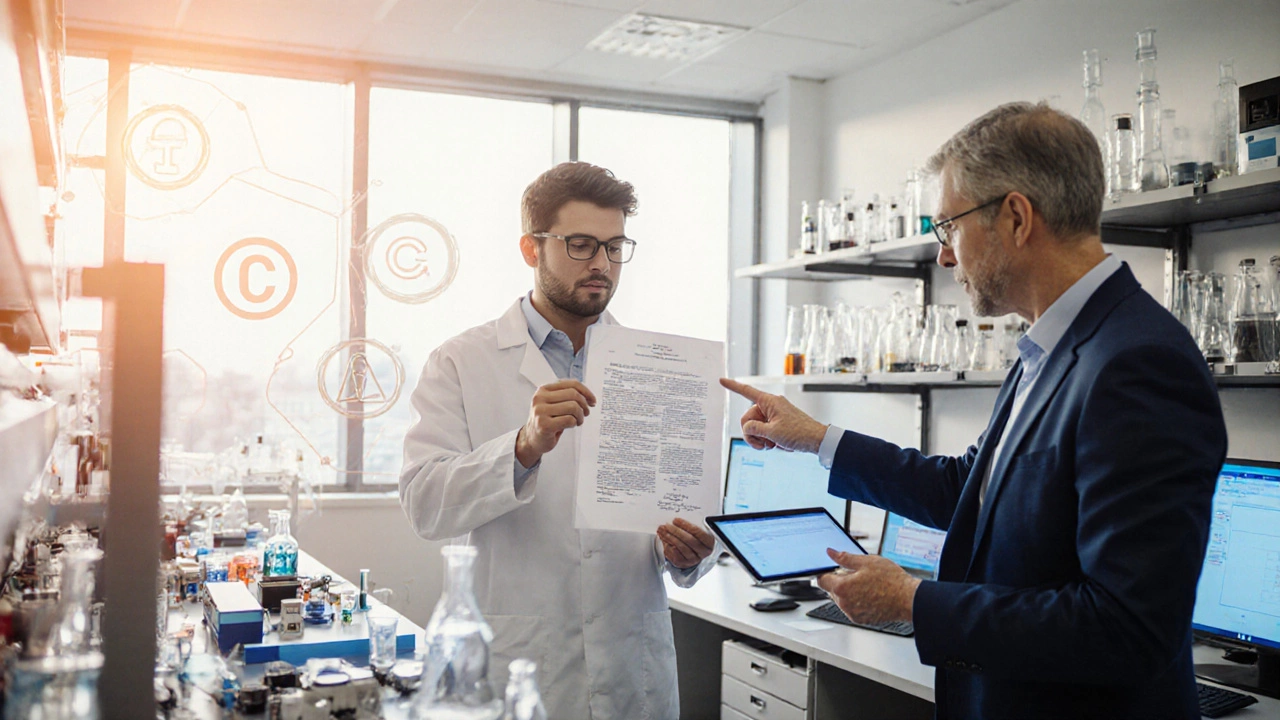Legal Definition: What It Means in Science, Tech, and Innovation
When we talk about a legal definition, a precise wording in law that determines rights, responsibilities, and boundaries. Also known as statutory definition, it’s not just jargon—it’s the engine that makes innovation possible. Without clear legal definitions, a breakthrough in a lab stays locked up. A new AI tool? A gene-editing technique? A clean energy patent? None of it moves to market unless the law says exactly what it is, who owns it, and how it can be used.
Take technology transfer, the process of moving research from universities to businesses. Also known as research commercialization, it only works when the legal definition of ownership is crystal clear. If a professor invents something using university funds, who owns it? The researcher? The university? The government funder? The answer isn’t guesswork—it’s written in a legal definition. That’s why roles like transfer agent, a professional who manages patents, licensing, and compliance exist. They don’t just file paperwork. They translate science into legally enforceable rights.
And it’s not just patents. innovation law, the set of rules that guide how new ideas are protected and shared shapes everything from who gets funding to how public health programs are rolled out. A vaccine campaign? It needs legal clearance. A data-sharing agreement between hospitals? It needs a legal definition of "anonymized data." Even something as simple as a government grant comes with legal conditions that define what counts as success, who can use the results, and when they must be made public.
Look at the posts here. You’ll find real stories about how legal definitions make or break progress. One article explains why renewable energy projects stall—not because the tech doesn’t work, but because land-use laws are vague. Another shows how healthcare researchers struggle because grant rules don’t clearly define "commercial impact." A third dives into how biotech startups fail when they misunderstand what counts as "intellectual property" under Indian law.
This isn’t about lawyers. It’s about people—scientists, engineers, public health workers—who need to know the rules so they can do their jobs. A legal definition isn’t a barrier. It’s the roadmap. Get it right, and innovation flows. Get it wrong, and even the best ideas die quietly on a shelf.
Below, you’ll find real examples of how legal definitions shape science in India—from who owns a gene-editing patent to how clean energy projects get approved. No theory. No fluff. Just what actually happens when law meets lab.





